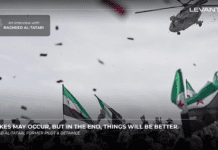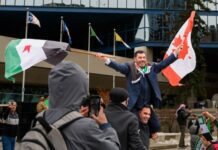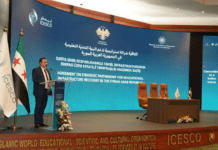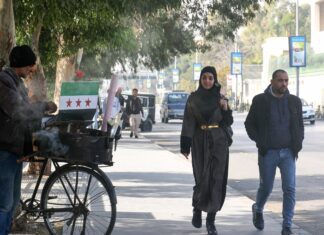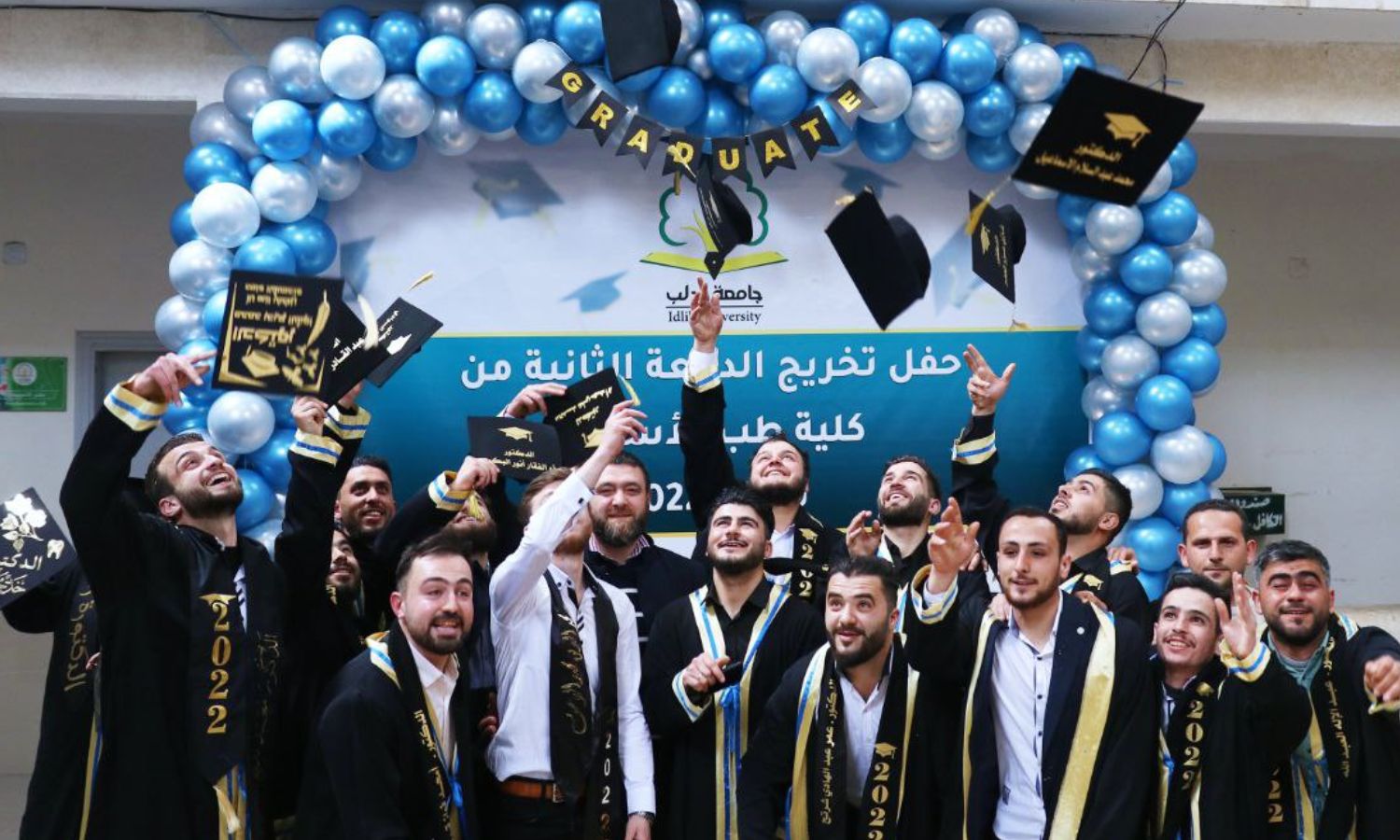
Amidst the challenges of ongoing conflict, residents of northwestern Syria are striving to create a future of hope and opportunity. In liberated territories, where life has often been overshadowed by war, higher education is emerging as a beacon of progress, fostering a sense of normalcy and cultivating the foundations for a post-conflict society.
At universities in Idlib and its surrounding countryside, students and faculty alike are overcoming substantial obstacles to ensure that learning and growth continue. Institutions like Idlib University and Al-Nahda University demonstrate the commitment of Syrians to invest in education as a cornerstone of their future.
For Hassan Kabso, a student at the Institute of Media at Al-Nahda University, university life provides a vital sense of stability and purpose. “University life, in my opinion, is like an entire other world,” he shared. “I take hope from the teachers who provide me with knowledge and from seeing other optimistic students like myself. My enthusiasm for learning grows every day.”
However, Kabso and his peers face significant challenges, including financial difficulties, limited infrastructure, and logistical hurdles. “Transportation is a major issue, especially in the winter, as most universities are on the outskirts of cities,” he said. “Our facilities are basic, with insufficient heating in winter and few fans in summer, but we continue with our studies regardless.”
Despite these challenges, Kabso is determined to complete his degree in media and journalism, viewing it as essential to contributing to Syria’s future. “The next stage requires us to have a degree before experience,” he explained, expressing his ambition to document the realities of his homeland and work for local institutions in the liberated areas.
Dr. Yassin Alloush, Dean of the Faculty of Sharia at Idlib University, highlighted the resilience of educators in adapting to the conditions of liberated northern Syria. “The teaching and administrative staff worked with high spirits, knowing they were fulfilling their duty toward their nation and revolution,” he said. Despite the ongoing threat of regime bombardment and limited resources, faculty members have managed to establish a vibrant academic environment.
Dr. Alloush identified the lack of international recognition for degrees as one of the most pressing challenges, calling it a “purely political issue.” Yet, he noted several successes, including the graduation of qualified students in critical fields and the establishment of partnerships with educational institutions abroad. These efforts aim to enhance the university’s standing and prepare students to meet the needs of their society.
Both students and educators see higher education as essential to rebuilding a Syria free from the Assad regime. “By providing society with specialized cadres, universities fulfill the community’s needs and help spread culture, virtue, and the values of the revolution,” Dr. Alloush emphasized.
The hope extends beyond individual achievements. Kabso, for example, views education as an opportunity to contribute to broader societal progress. “Every day at university strengthens my belief that we are building something meaningful for Syria’s future,” he said.
The resilience displayed by students and faculty in northwestern Syria reflects the region’s enduring spirit. In the face of war, universities in liberated territories are not merely surviving – they are laying the groundwork for a vibrant, post-conflict society. Institutions are producing the professionals and leaders who will help rebuild infrastructure, strengthen civil society, and guide Syria toward a brighter future.
In classrooms across Idlib, the focus is not just on enduring today’s hardships but on envisioning and constructing a tomorrow filled with hope and opportunity. “This is our duty,” Dr. Alloush concluded. “To prepare our people and our nation for a future without oppression or fear.”

